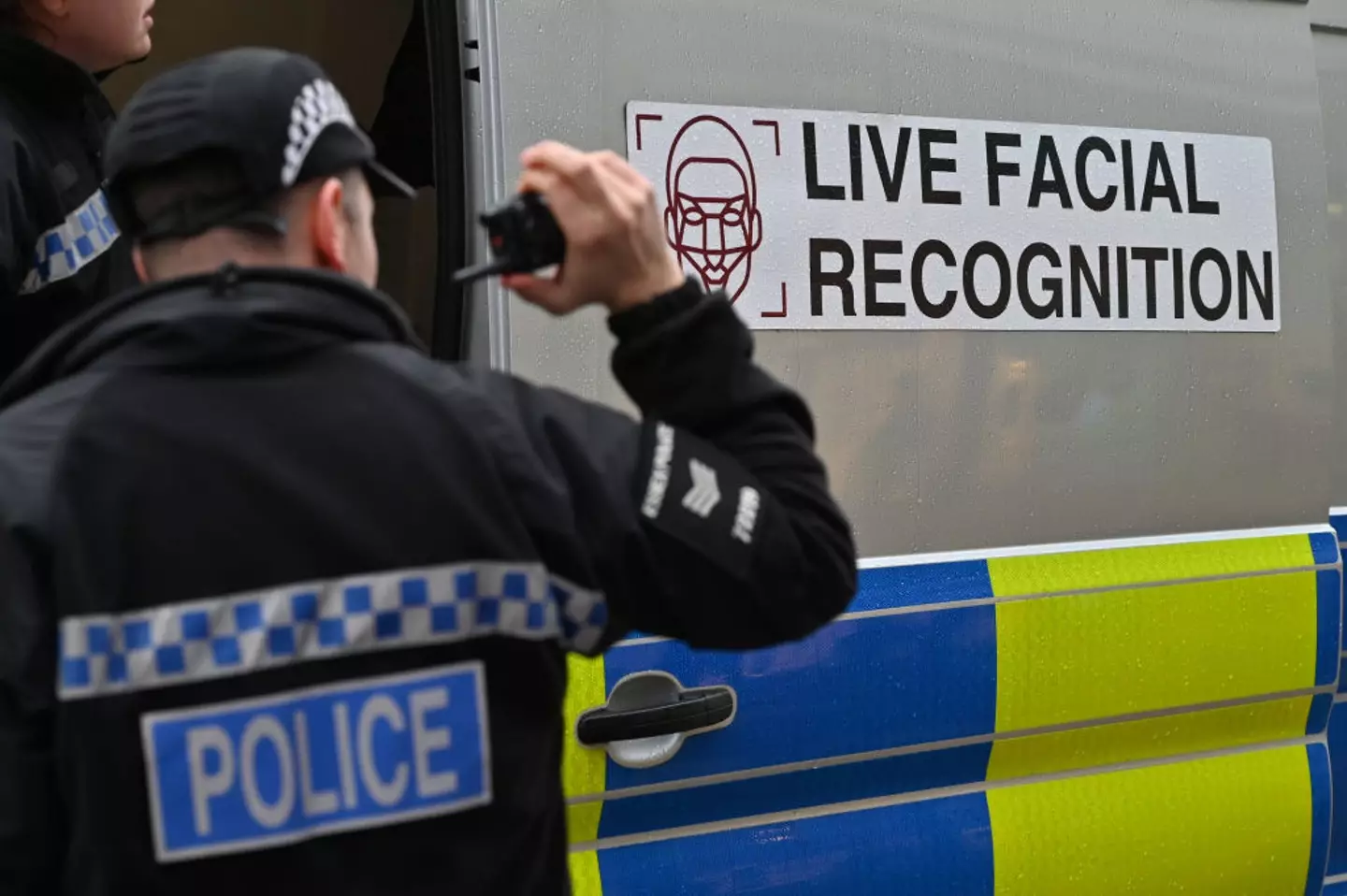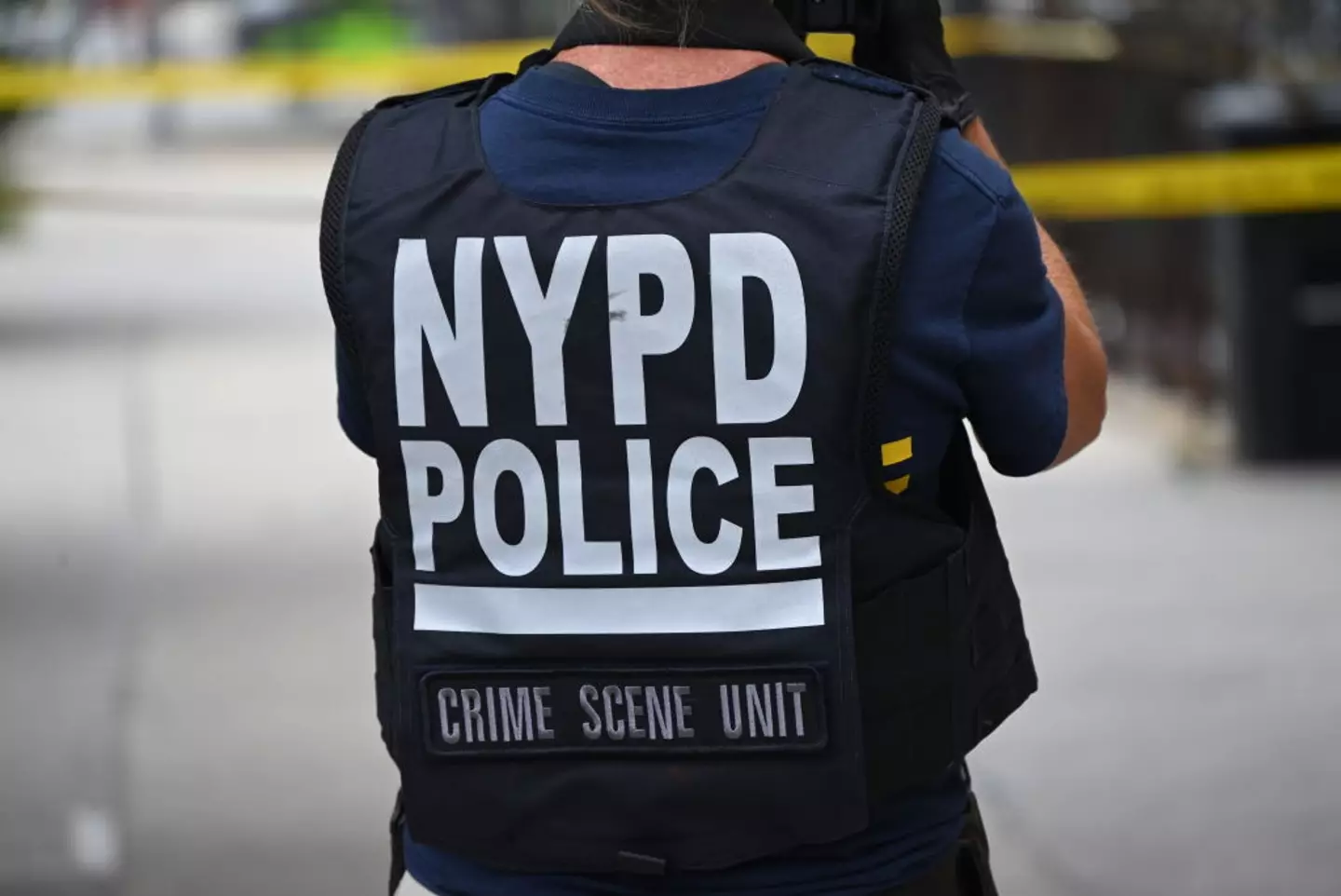
The New York Police Department have accidentally arrested the wrong person after they were told to by artificial intelligence.
The NYPD has seen a whopping budget of $2.8 billion being spent on surveillance technology in recent years including things such as phone trackers and x-ray vans.
However, perhaps one of its more controversial pieces of tech is its facial recognition.
The technology is used to identify or verify a person’s identity by analyzing their face and uses AI to map out key facial points, generate a numerical code for these features, and then compare it to codes on a database to find matches.
Advert
While the tech has been used for years for things like unlocking smartphones, tagging photos on social media and even during airport travel, law enforcement is now making use of it too to catch criminals.

However, it seems like the tech isn’t fool proof after a report by the New York Times detailed how a father by the name of Trevis Williams was wrongly arrested back in April.
This came after the NYPD used its facial recognition software where it included Williams with a group of ‘possible matches’ after analyzing a grainy CCTV video.
When Williams was later found by subway police in Brooklyn, he was arrested and taken in for questioning.
Things didn’t match up as Williams was eight inches taller and around 70 lbs heavier than the perpetrator they were searching for, but he was arrested regardless and spent two days in jail.
At the time, he told police: “That’s not me, man, I swear to God, that’s not me.”
However, a detective reportedly replied with: “ he told police at the time. “Of course you’re going to say that wasn’t you.”
But it wasn’t him and the charge against the man was dropped in July.

The use of facial recognition by law enforcement continues to be a controversial practice due to a variety of concerns including privacy, potential for mass surveillance, discriminatory biases in the technology, and security risks from compromised biometric data.
Some people who are critical of facial recognition have argued that it is at odds with civil liberties because it enables the police to constantly track people without their consent and has the potential to disproportionately impact minority groups due to biased algorithms that may misidentify people of color at higher rates.
It is always not always accurate - as shown through Williams’ case!